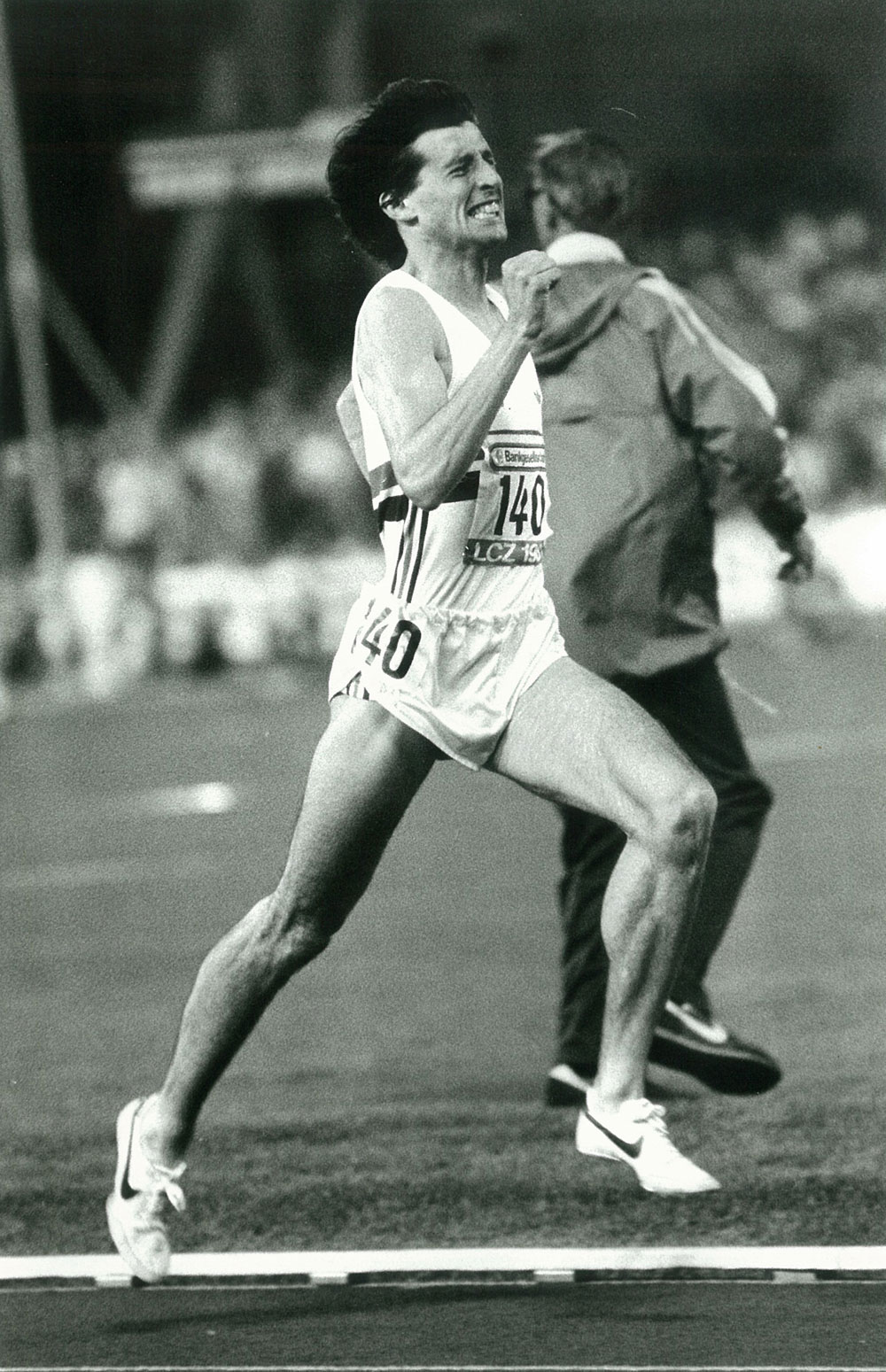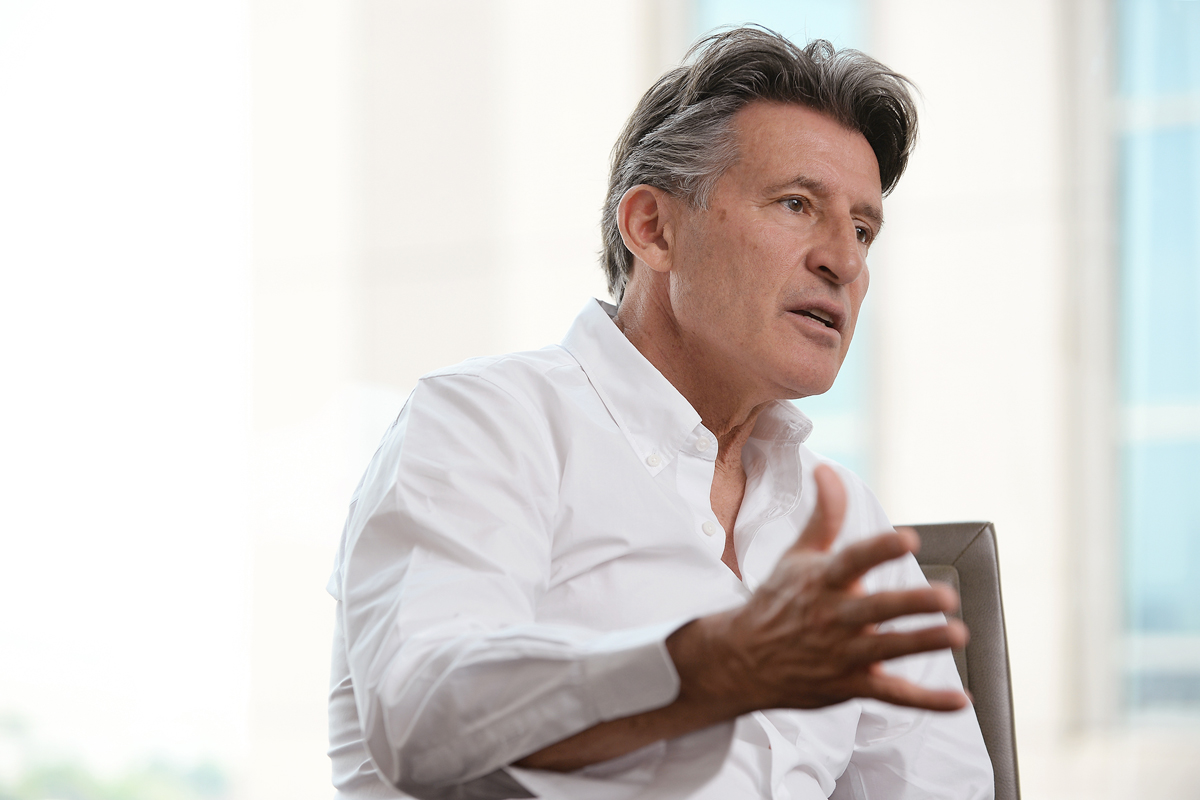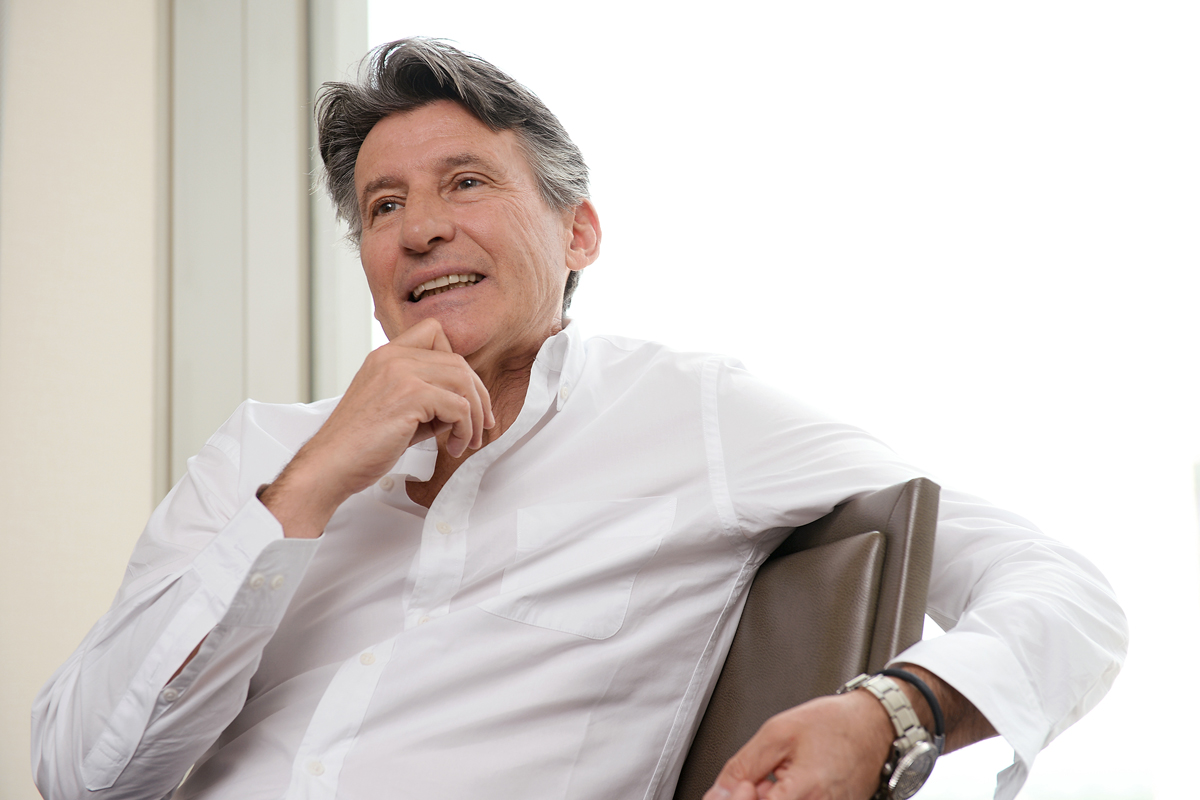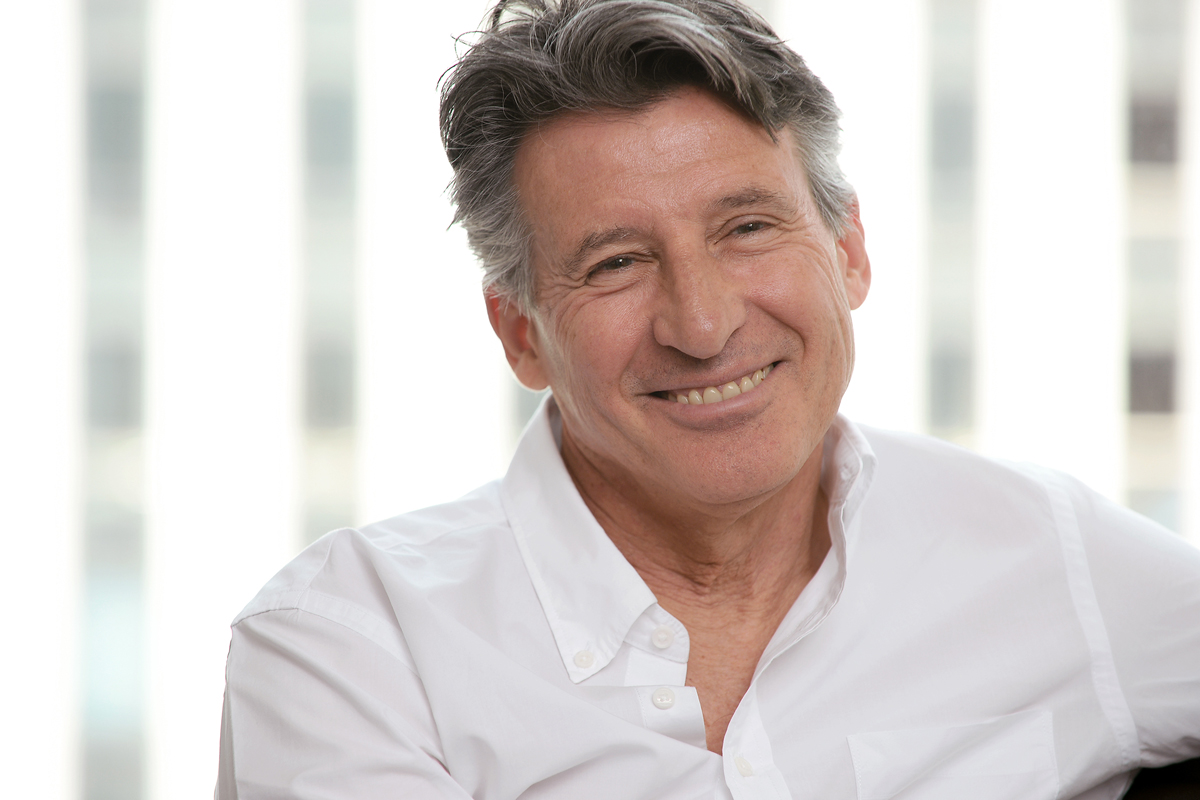

© Yuki Saito

Sport itself is something unique. I genuinely think that sport is a common language that everyone in the world can understand and has a feel for – that is sport. People engage with sport on different levels. For some, it is about participation, while for some it is about the tribal support for their local football club. But no matter how they are involved, sport holds some kind of meaning or value for everyone.
As a universal language, music or films sometimes get close to it, but not at the same level. Sport is the universal language in the truest sense.
Sport will change, and sport will evolve, like everything in life changes and evolves. But the true value of sport is timeless and ageless, passed down without fading. There is a phrase, ‘Winning with magnanimity, losing with dignity’. Sport is largely quintessentially the human condition. Through winning and losing, you learn about success and failure, and teamwork requires that you spend time in your own skin. These are all very helpful life lessons that can be learned from sport.


© Sebastian Coe
Everything I have ever done was very special – from the age of 11, when I joined a local athletics club through into my 60s, when I am the president of the International Association of Athletics Federations (IAAF), the largest international association for a single sport. Sport has surely changed and shaped my life.
There is no single moment that shines brighter than the others. Instead, there have been so many moments in my life where sport has made a profound difference.
I was lucky enough to take the gold medal at the 1980 Moscow and the 1984 Los Angeles Games. Since retiring from competition, I have had various experiences – I have been involved in sport policy as a member of Parliament, I have been on commissions of the International Olympic Committee (IOC), and also worked as a broadcaster. My experiences of writing a bid book for London 2012 as the Chair of the Bid Committee and serving as the Chair of the London 2012 Organising Committee also rank high among my life experiences.
What I have observed in being involved in the world of sport in various capacities over many years is that sport always punches through. Before 1989, the world was divided into East and West as symbolised by the Berlin Wall. However, even in those times, sport played a major role in overcoming such divides.
All of these things are shining moments for me, and I can say that sport has had a fundamental impact on my life.

© Yuki Saito
The first morning of the athletics at the London 2012 Games was the moment proved to me that its concept “Inspire a Generation” became real – meaning, I saw not a single seat that was empty in the stadium. I felt that moment was the proof that the Games had successfully attracted the interests of various generations, especially the next generation, and inspired them.
There are still things about sport that need to be changed for the future, such as improving its format and creating new events like mixed relays. But it is slightly frustrating to me that there is a tendency to try to attract young people with factors outside of sport. You don’t have to try to artificially create excitement around sport. Sport in itself is enough to attract people.
That is why I set up the “Values Commission” in the IAAF. How can we get young people to articulate the values of sport and make those values come to life for them personally? For example, determination and respect are often mentioned when it comes to the Olympic values, but young people may use those words in a very different way from somebody of my age. If we give them the opportunity, they will articulate these words themselves. They will give you a new perspective on what those words mean. And those values will continue to be talked about.
I think it is important to provide opportunities for young people to think about the value of the Olympic Movement and the intrinsic values of sport and to articulate them in their own words. Before London 2012, we developed an educational programme called “Get Set” to create opportunities for young people to think about the values of sport. In the UK, most of the geography projects of the General Certificate of Secondary Education (GCSE) which is the first public exam young people take, contained some elements of the Olympic Park from London 2012. To put it another way, you can use the Olympic and Paralympic Games to reach into areas way beyond sport.


© Yuki Saito
What my experience at London 2012 confirmed to me was that the legacy of hosting the Olympics and Paralympics is not just about a sporting legacy. It offers legacy in many different ways. Young people can see things like the opening ceremonies or Cultural Olympiad. That can excite them into wanting to become musicians or dancers, or really learn about the creative arts. In this way, the Games impact many young people in the areas of culture or art. I hope that coming into contact with the Games opens doors for young people in lots of other areas and enables them take a step towards the future.
The Olympic and Paralympic Games is held in a single country, but more than 200 countries and regions participate. Essentially, it is a domestic event and it is an international event, and you must always keep that in balance to leave a legacy. Every Games is different, and there is significance in that uniqueness. That is why I believe the Tokyo 2020 Olympic and Paralympic Games will be fantastic in its own way.


© Yuki Saito
I have found true values in sport that transcend time and space. Athletes are at their most truthful when they are filling in a training diary. In other words, that is the moment when they stand face to face with themselves and their commitment to sport with integrity. Truthfulness is not taking prohibited substances, for instance. Truthfulness is not about cheating in the field of play. Truthfulness is about the way organisations run themselves. And fair play is not just a concept on the track. It is a concept in the council chamber, it is a concept in the executive board of organisations as well.
Sport cuts across geographical, political, cultural and language boundaries. Sport, in particular, the Olympic and Paralympic Games, can open doors and create opportunities. I want sport to be used by young people all over the world as an opportunity to discover something new in themselves wherever they live and whatever their politics, whatever their cultures, whatever their religions. I believe there is value in the uniqueness of sport that transcends and connects time and space, and I want to approach it with sincerity.


Took gold medals in the 1500 meters at two consecutive Olympics, in 1980 Moscow and in 1984 Los Angeles. After being a competing athlete, he served as a member of Parliament in the UK from 1992 to 1997. In 2000, he received the title of Baron and became a member of the House of Lords. Served as Chairs of both the Bid Committee and the Organising Committee for the 2012 London Olympic and Paralympic Games. Since 2015, he has served as the President of the International Association of Athletics Federations (IAAF, currently World Athletics).